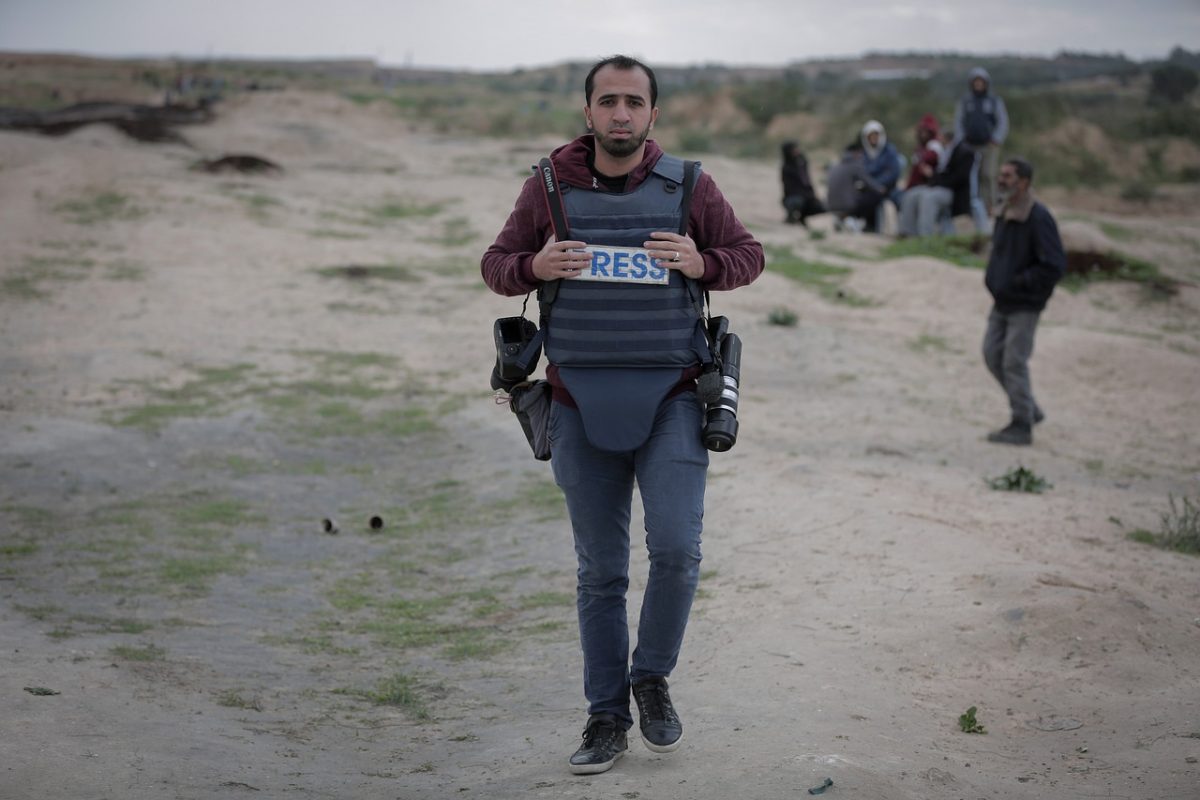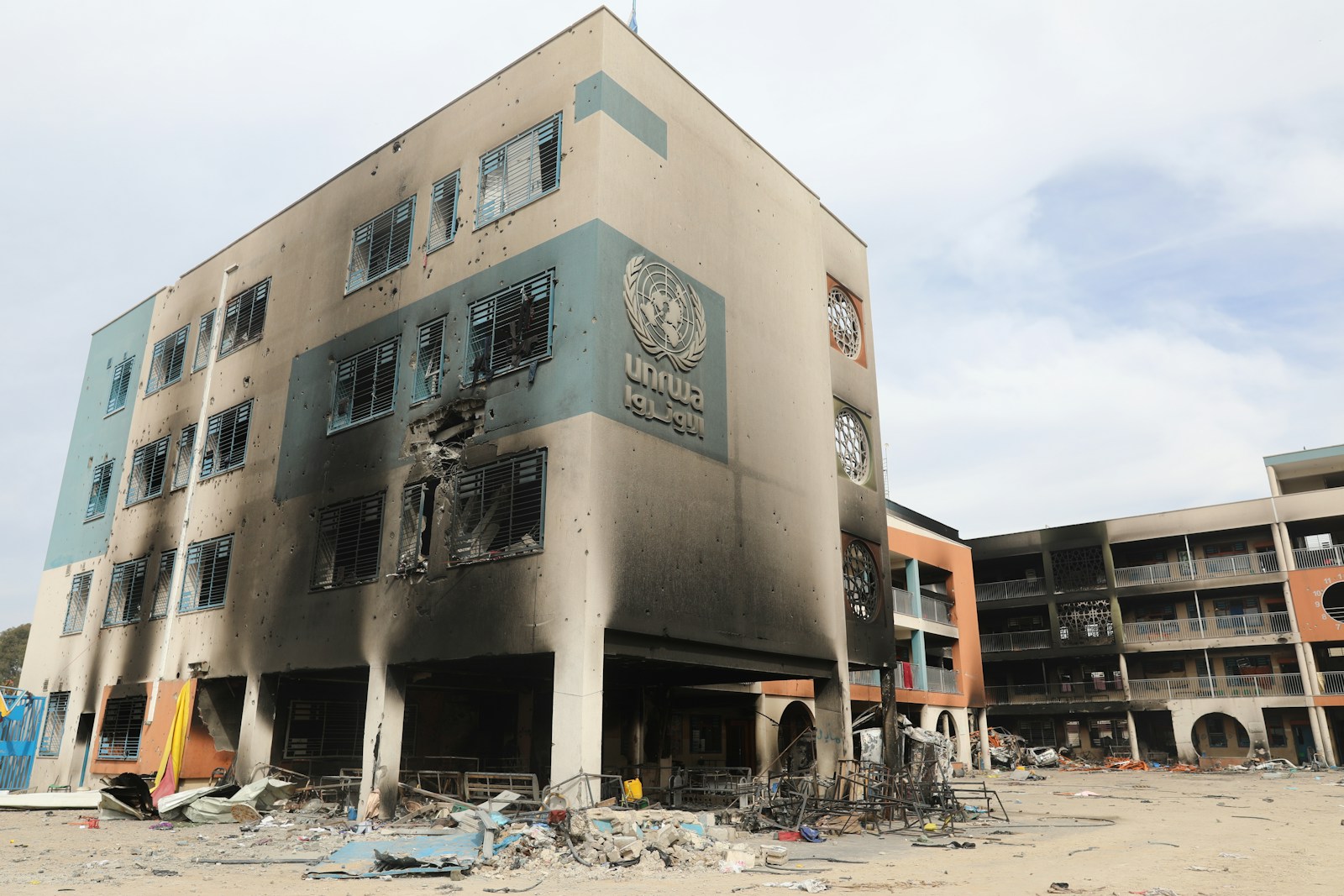The ongoing conflict between Israel and Gaza continues to test the United States’ foreign policy, as officials navigate a web of humanitarian crises, ceasefire agreements, and strategic alliances. Despite mounting international criticism, the US has emphasized its steadfast support for Israel while urging adherence to human rights and international law.
The United States has reiterated Israel’s right to self-defense, particularly against threats posed by Hamas and Hezbollah. “Israel has the same rights as any other country to protect itself,” Principal Deputy Spokesperson Vedant Patel1 affirmed. The US also maintains that Hezbollah, which it designates as a terrorist organization, remains a destabilizing force in the region.
Recent ceasefire violations have raised questions about the durability of peace agreements. While Patel acknowledged alleged breaches by both sides, he emphasized that “all parties must do everything possible to abide by the ceasefire.” Despite reports of Israeli strikes in response to Hezbollah’s actions, Patel described the ceasefire as “largely holding.”
The humanitarian situation in Gaza has drawn international attention, with the US facing criticism for its perceived lack of urgency. Aid workers, including employees of Save the Children and the World Central Kitchen, have been killed in the conflict, prompting calls for stronger US condemnation of such incidents.
“The United States condemns the intentional killing of humanitarian aid workers,” Patel stated, while urging Israel to investigate these incidents thoroughly. The US has also pressed for more humanitarian aid to flow into Gaza, advocating for the opening of additional crossings to alleviate suffering.

Critics argue that the US response has been insufficient, particularly given the scale of destruction and displacement in Gaza. The Chief Human Rights Officer at the United Nations described the situation as a “total catastrophe,” calling for urgent international action. Patel, however, emphasized ongoing US diplomatic efforts to secure humanitarian aid, attributing progress to the Biden administration’s persistence.
While supporting Israel, the US has also encouraged respect for human rights and democratic principles. “Free press is a cornerstone of democracy,” Patel said in response to reports of journalists and human rights defenders facing crackdowns. The administration has underscored the importance of peaceful assembly and the protection of civilians, even in times of conflict.
Despite the challenges, Patel highlighted the US’s long-term commitment to a peaceful resolution. Officials underscored the importance of implementing United Nations Security Council Resolution 2254, which calls for a Syrian-led solution to regional disputes, and emphasized that the conflict cannot be resolved through military means alone.
The US continues to walk a fine line between supporting Israel’s security and addressing humanitarian concerns in Gaza. Patel reaffirmed the US’s commitment to Israel as a key partner but acknowledged that the situation requires careful navigation. As the conflict persists, the US has pledged to work with international partners to address violations of international law and to support long-term solutions.





